Throughout history, women have played crucial roles in wars and conflicts, displaying remarkable bravery, leadership, and strategic thinking. Despite facing numerous challenges and obstacles, these women have left an indelible mark on the world through their courageous actions and unwavering determination. From spies to nurses, soldiers to resistance fighters, women have contributed to the defense of their countries and the pursuit of justice.
The following 12 extraordinary women have made significant contributions to wars and conflicts around the world. These women serve as an inspiration to us all, reminding us of the power of the human spirit and the importance of standing up for what we believe in.
Harriet Tubman
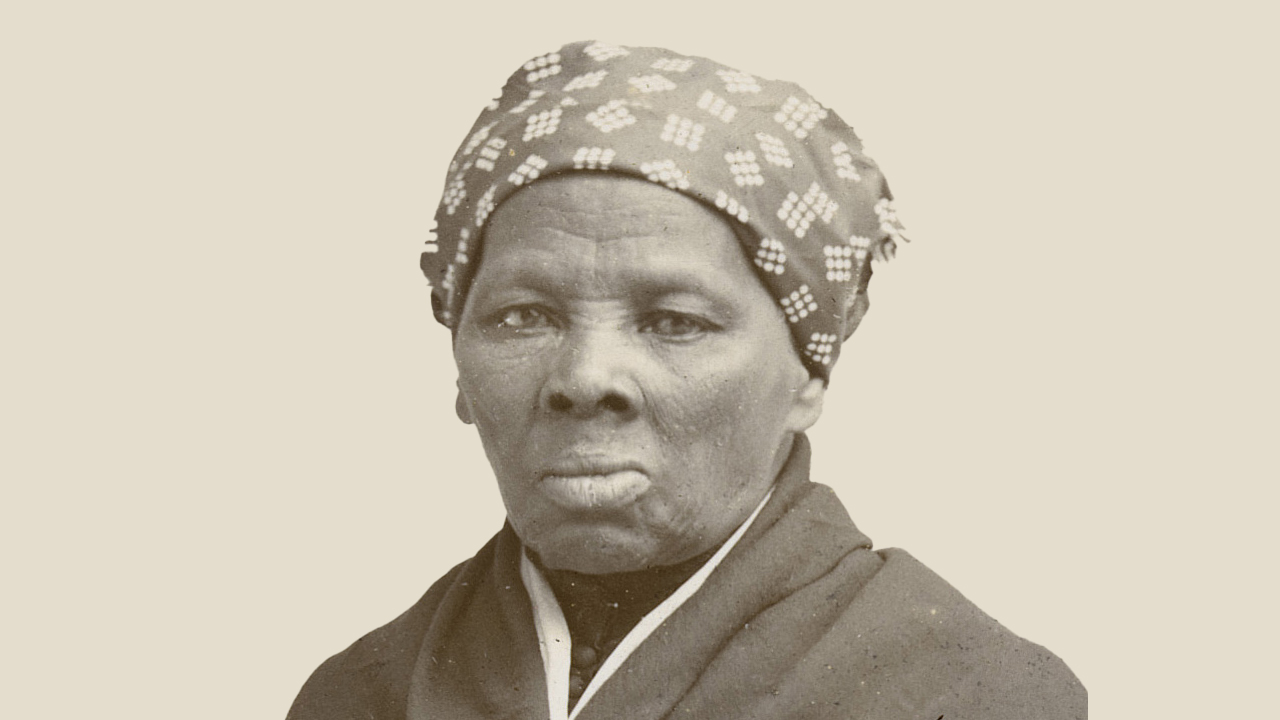
Harriet Tubman, born into slavery, became a prominent abolitionist and a spy for the Union Army during the American Civil War. She helped countless slaves escape to freedom through the Underground Railroad, a secret network of safe houses and routes. Tubman’s bravery and intelligence made her an invaluable asset to the Union cause, as she provided crucial information about Confederate troop movements and supply lines. Her tireless efforts to fight for the rights of African Americans have earned her a place in history as one of the most inspiring figures of the 19th century.
Nancy Wake
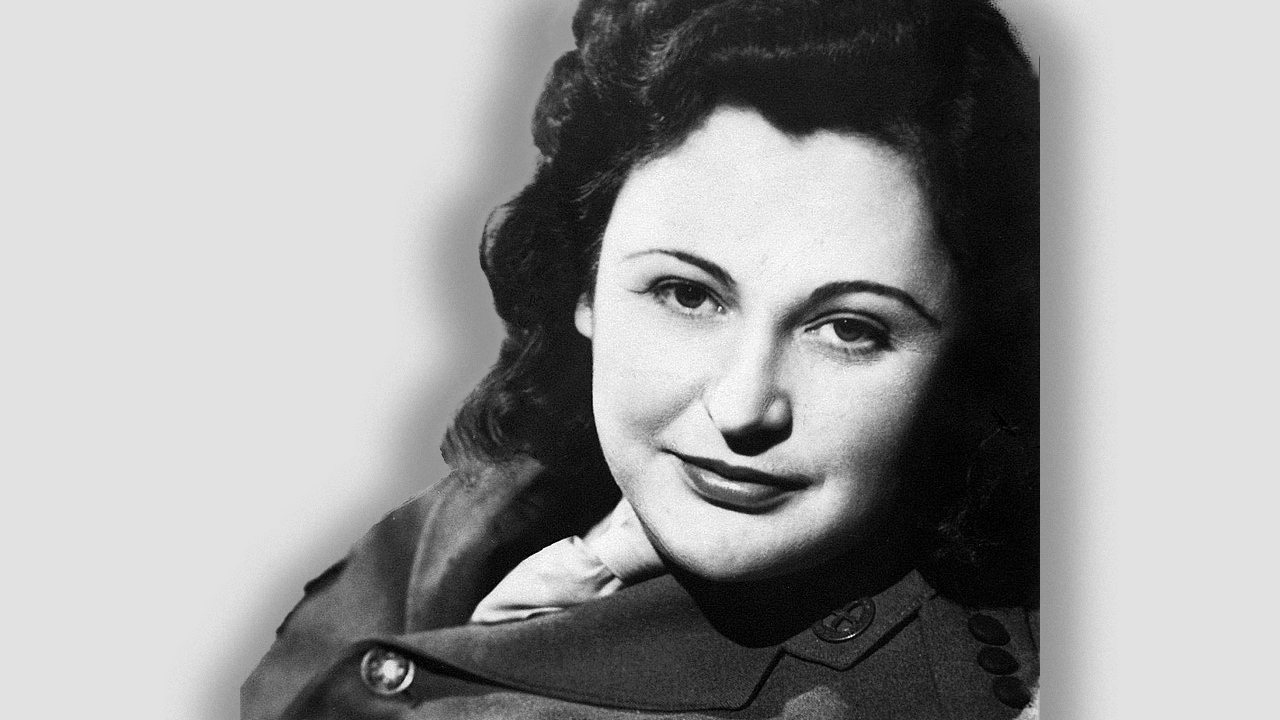
Nancy Wake, a New Zealand-born journalist, became a prominent figure in the French Resistance during World War II. She worked as a courier, saboteur, and spy, earning the nickname “The White Mouse” from the Gestapo for her ability to evade capture. Wake’s bravery and resourcefulness helped her save countless lives and contribute to the Allied victory in Europe. After the war, she was awarded numerous honors for her service, including the George Medal, the highest civilian decoration in the United Kingdom and Commonwealth.
Florence Nightingale
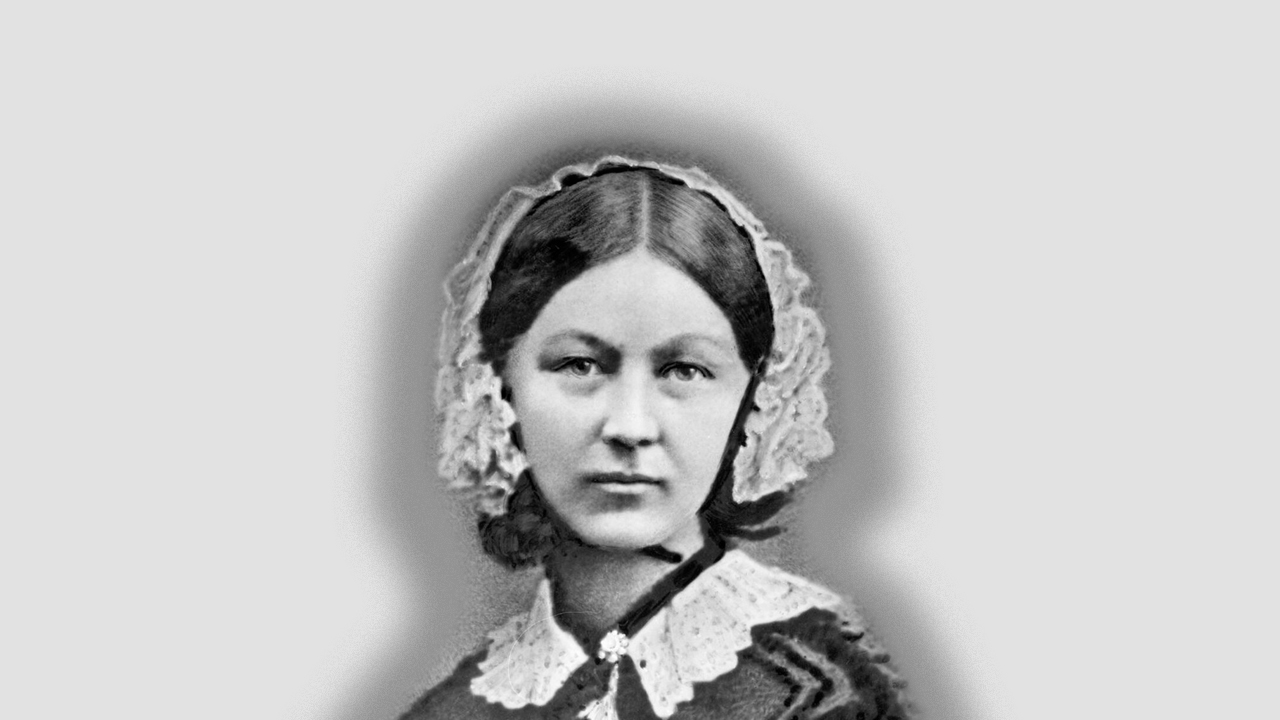
Florence Nightingale, a British nurse, is best known for her work during the Crimean War. She organized and led a team of nurses to improve the unsanitary conditions at a British base hospital, which had led to a high mortality rate among wounded soldiers. Nightingale’s efforts to improve hygiene and sanitation practices helped reduce the death rate significantly. Her work laid the foundation for modern nursing practices and helped establish nursing as a respected profession.
Lyudmila Pavlichenko
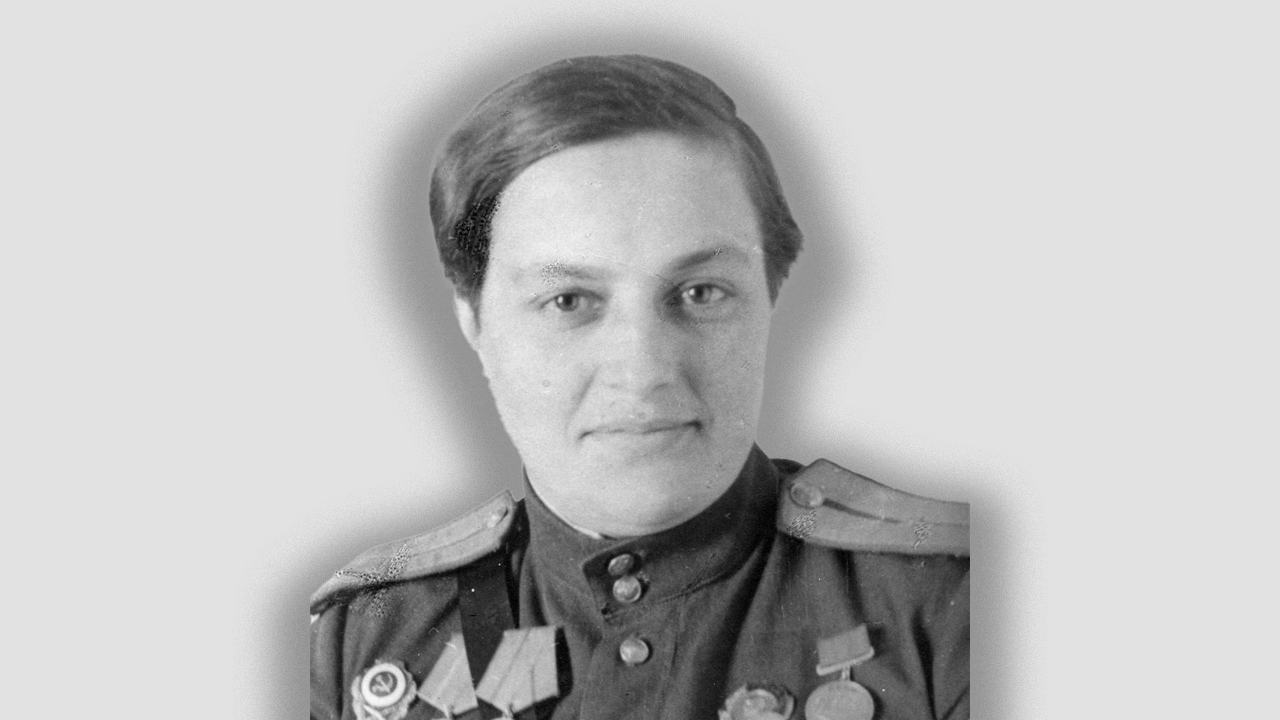
Lyudmila Pavlichenko, a Soviet sniper during World War II, is credited with 309 confirmed kills, making her the most successful female sniper in history. She was nicknamed “Lady Death” by her fellow soldiers for her exceptional marksmanship and bravery on the battlefield. Pavlichenko’s story inspired many women to join the Soviet armed forces and contribute to the war effort. After the war, she became a prominent advocate for women’s rights and a symbol of Soviet military prowess.
Edith Cavell
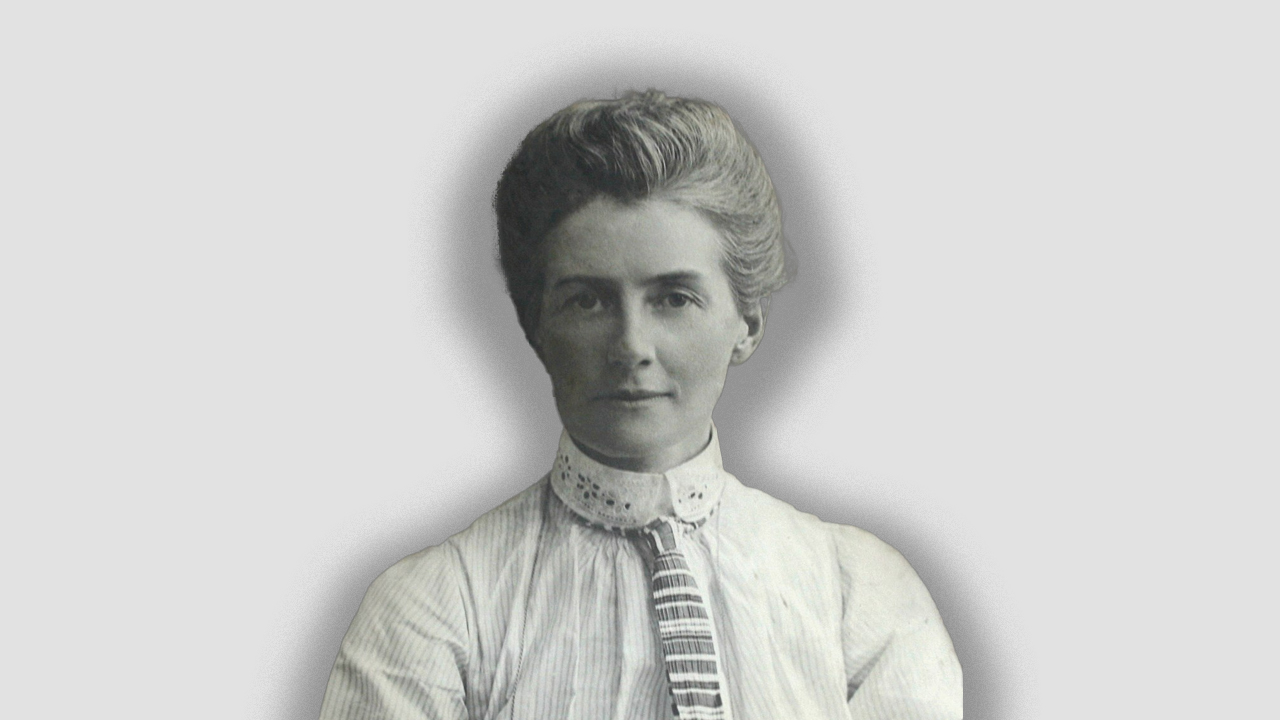
Edith Cavell, a British nurse, worked in German-occupied Belgium during World War I. She helped Allied soldiers escape to neutral Netherlands, providing them with false documents and safe passage. Cavell’s actions were eventually discovered by the German authorities, and she was arrested and sentenced to death by firing squad. Her execution sparked international outrage and helped turn public opinion against Germany. Cavell’s bravery and selflessness have made her a symbol of humanitarian aid and resistance against oppression.
Irena Sendler

Irena Sendler, a Polish social worker, helped save the lives of approximately 2,500 Jewish children during World War II. As a member of the Polish resistance, she smuggled children out of the Warsaw Ghetto and placed them with Polish families or in convents and orphanages. Sendler carefully documented the children’s identities and locations, hoping to reunite them with their families after the war. Her bravery and compassion in the face of unimaginable danger have made her a hero of the Holocaust and a symbol of hope and humanity.
Reba Whittle
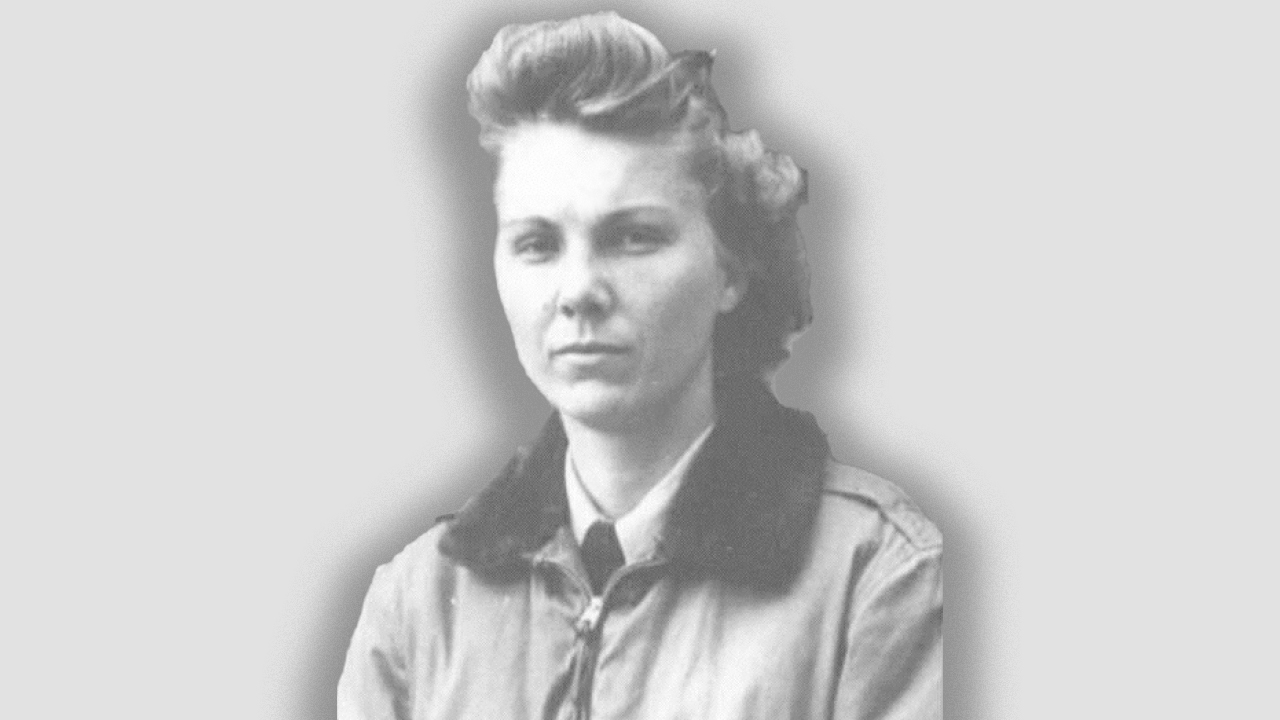
Reba Whittle, an American flight nurse, was captured by German forces when her plane was shot down over Germany during World War II. She became the only female American prisoner of war in Europe during the conflict. Despite being wounded in the crash, Whittle continued to provide medical care to her fellow prisoners in the German POW camp. Her bravery and dedication to her patients helped keep many of them alive until they were liberated by Allied forces.
Krystyna Skarbek
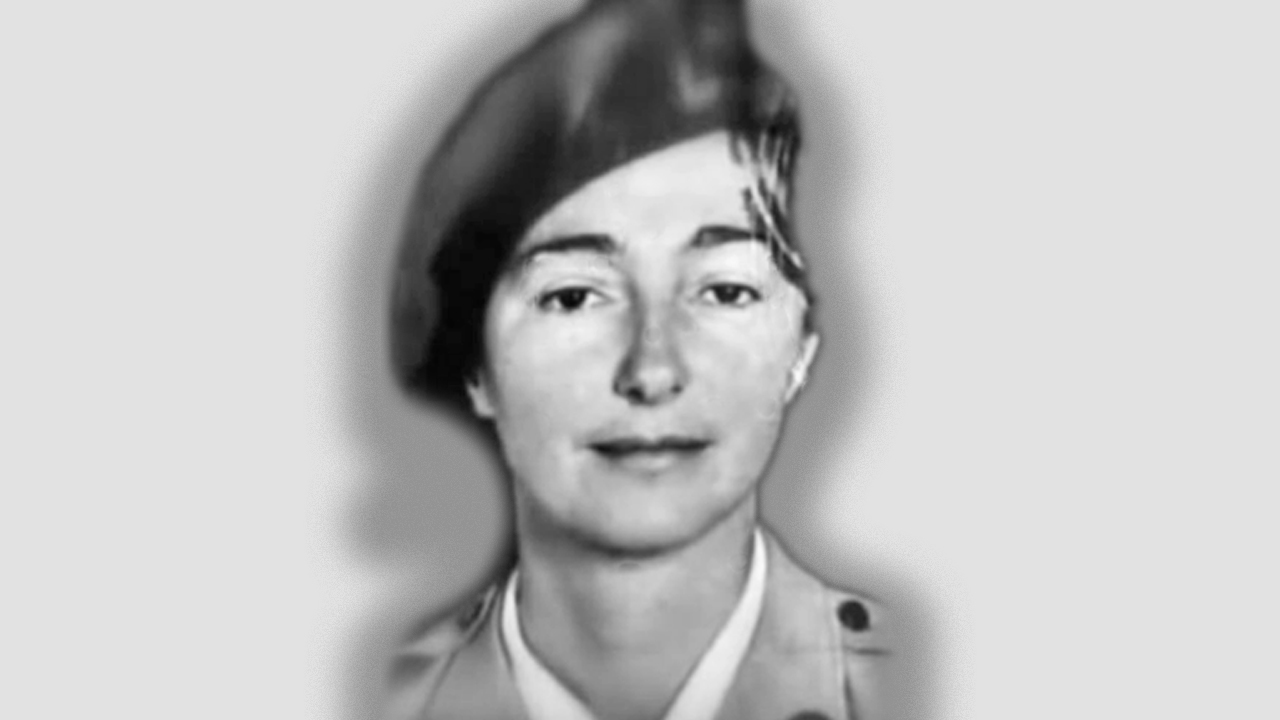
Krystyna Skarbek, a Polish-born British agent, worked for the Special Operations Executive (SOE) during World War II. She helped organize resistance movements in Nazi-occupied Poland and France, and later worked as a spy in Hungary. Skarbek’s intelligence, language skills, and quick thinking made her an invaluable asset to the SOE. Her exploits, which included skiing out of Poland with important documents and single-handedly liberating three French agents from prison, earned her numerous awards and decorations.
Ruby Bradley
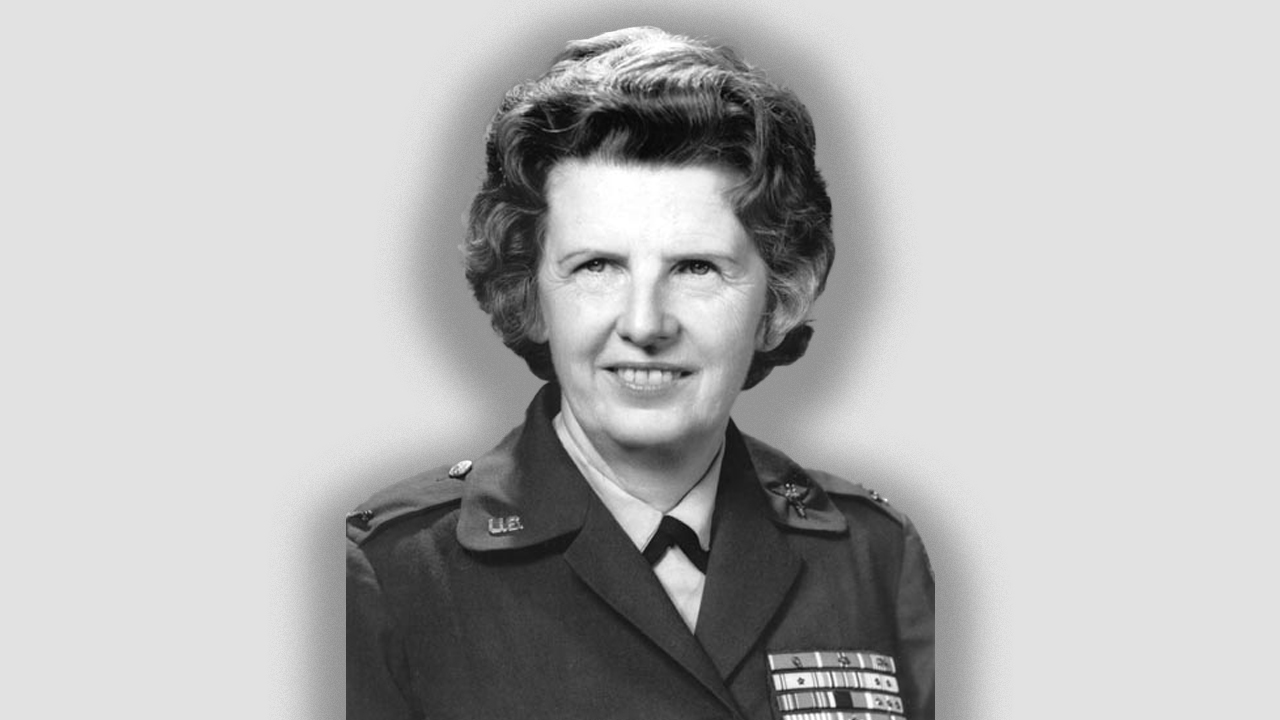
Ruby Bradley, an American army nurse, was serving in the Philippines when the Japanese attacked Pearl Harbor in 1941. She was captured and spent three years in a Japanese POW camp, where she continued to provide medical care to her fellow prisoners despite the harsh conditions and limited resources. After her liberation, Bradley continued to serve in the army and was eventually promoted to the rank of colonel. She is one of the most decorated women in U.S. military history, with 34 medals and citations to her name, and she definitely deserves her place among history’s most amazing women.
Sophie Scholl
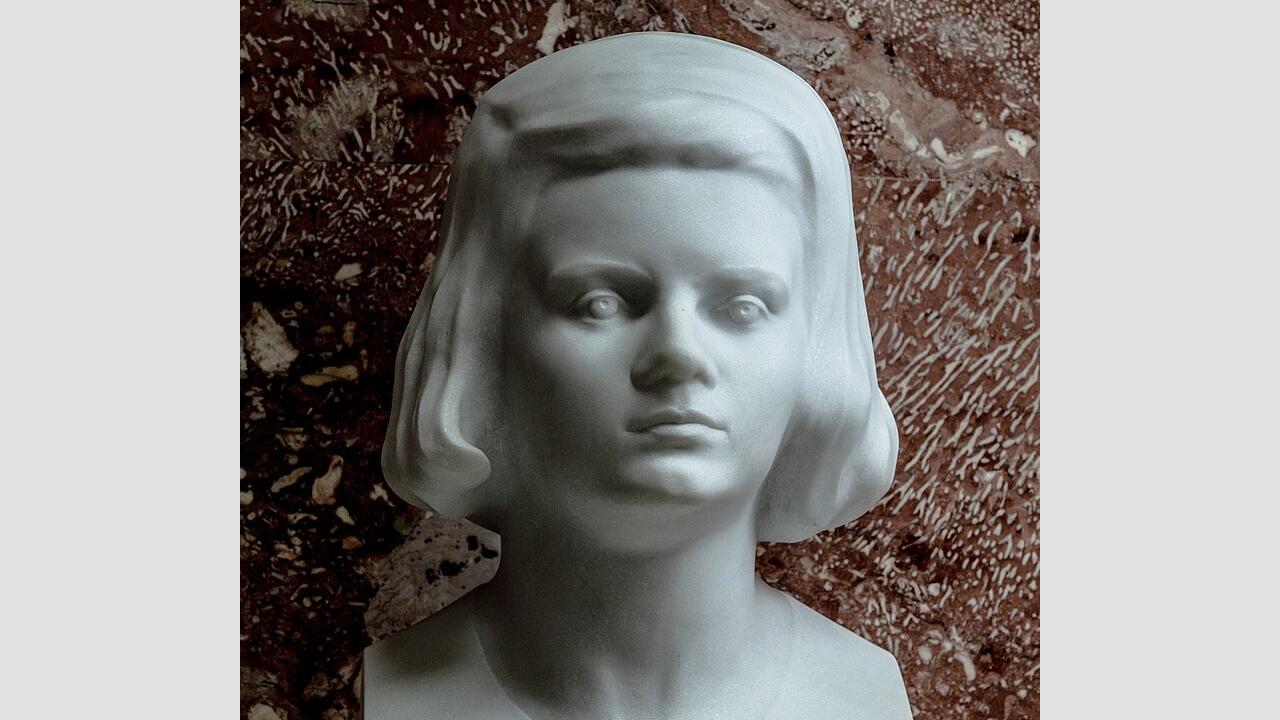
Sophie Scholl was a German student and anti-Nazi activist who co-founded the White Rose resistance group during World War II. The group distributed leaflets urging Germans to resist the Nazi regime and its policies of oppression and genocide. Scholl was arrested by the Gestapo in 1943 and executed for treason at the age of 21. Her bravery and conviction in the face of tyranny have made her a symbol of moral courage and resistance against injustice.
Nancy Harkness Love
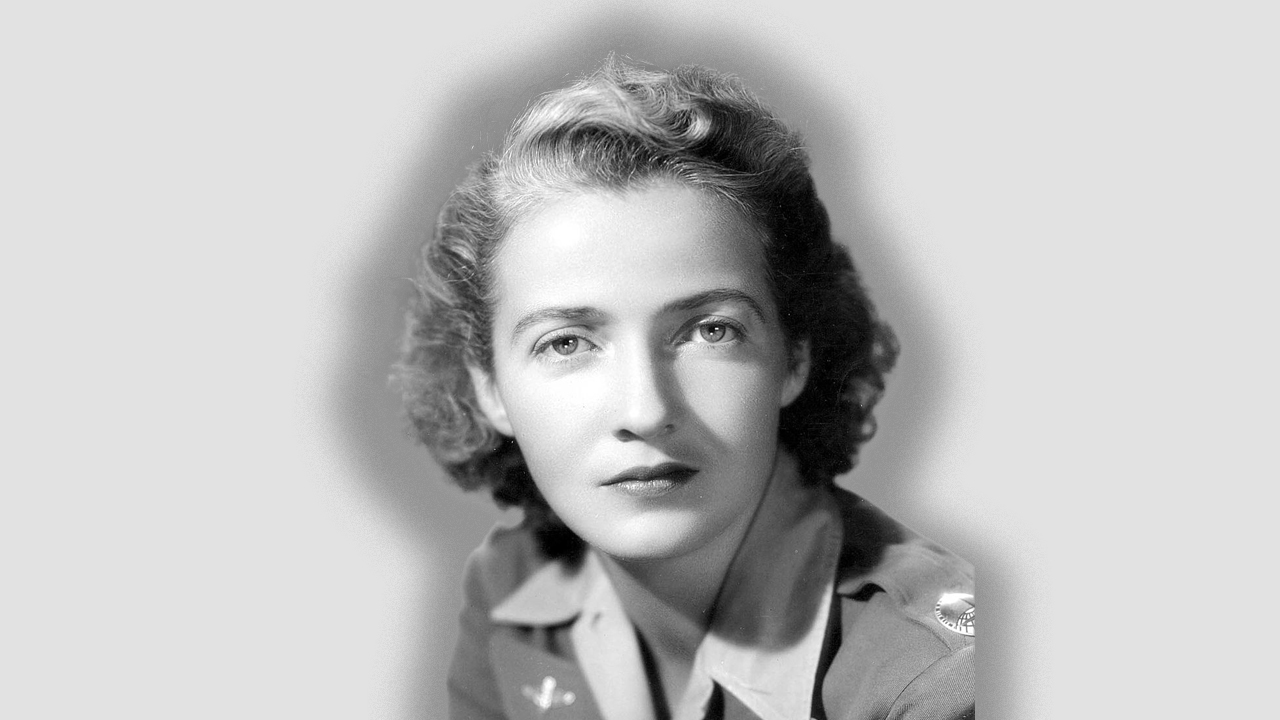
Nancy Harkness Love, an American pilot, played a key role in the formation of the Women Airforce Service Pilots (WASP) during World War II. The WASP were a group of civilian female pilots who flew military aircraft on non-combat missions, freeing up male pilots for combat duty. Love’s leadership and advocacy helped prove that women could fly military aircraft just as well as men, paving the way for greater opportunities for women in aviation.
Susan Travers

Susan Travers, a British socialite, joined the French Red Cross at the outbreak of World War II. She later became an ambulance driver with the French Foreign Legion, serving in North Africa and Europe. Travers was the only woman to serve officially with the Legion during the war, and she saw action in some of the most intense battles of the conflict, including the Battle of Bir Hakeim and the Italian Campaign. Her bravery and dedication to her fellow soldiers earned her the respect and admiration of the Legion, and she was awarded several medals for her service.
Ellen has been obsessed with logic puzzles, jigsaws, and cryptograms since she was a kid. After learning she was taught how to play chess wrong by a family friend (so they could win), she joined her school chess club and the rest is history.

